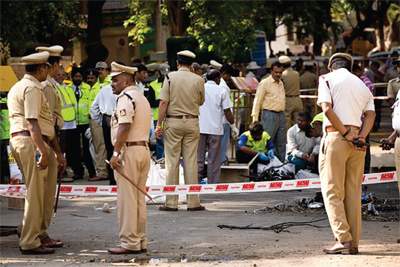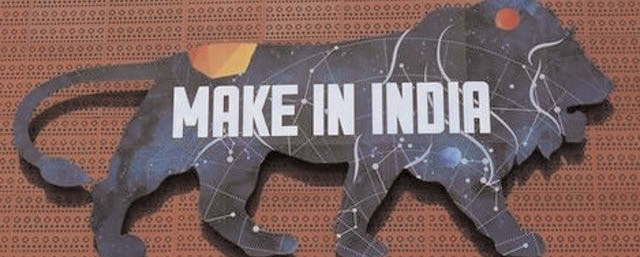
NEW DELHI (TIP): Prime Minister Narendra Modi has asked officials to ensure as much freedom as possible for the states in the implementation of the Swacch Bharat mission he recently launched to make India clean by 2019. The move comes in the wake of failures of the Centre’s previous sanitation programmes ending in failure due to and alleged lack of flexibility given to the State governments, The Union Ministry of Drinking Water and Sanitation (MDWS) has been asked to make sure that the guidelines to be issued by it for implementation of the Swachh Bharat Mission (Gramin) should be ‘minimalist’, thus giving the State governments enough flexibility to tailor the programme to suit their local needs.
The SBM (Gramin) is the rural component of the programme the Union government launched on October 2 last to turn into reality the Prime Minister’s call to make India clean by the 150th birth anniversary of Mahatma Gandhi in 2019. The MDWS has a target of constructing toilets in 11.11 crore rural households under the SBM (G) to make the country ‘Open Defecation Free’ by October 2, 2019.
This will cover 8.84 crore identified Below Poverty Line and Above Poverty Line households, which are eligible for incentives, 0.88 crore APL households and 1.39 crore households with dysfunctional toilets. The SBM (G) replaced the Nirmal Bharat Abhiyan (NBA) programme which had been launched by the erstwhile UPA government after it restructured the Total Sanitation Campaign (TSC) in 2012. The TSC itself had evolved from the Central Rural Sanitation Programme (CRSP) launched in 1986 and redesigned into demanddriven mode in 1999.
According to an internal note of the MDWS, the guidelines it would issue to the State Governments for implementation of the SBM (G) would only contain “certain minimum technical safeguards and financial best practices”. The State governments would be given flexibility to implement the programme through Panchayati Raj institutions, civil society organizations, community-based organizations and other nongovernment organisations.




Be the first to comment